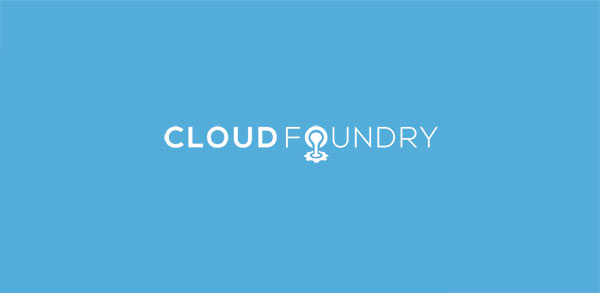This is the first in a series from our Cloud Foundry community on why to attend Cloud Foundry Summit in Boston, April 18-20. Register here.
Cloud Foundry is now a well established tool for working in small batch sizes with faster feedback loops. Development teams use self-service platforms like Cloud Foundry to help them learn faster, eliminate plumbing and reduce wasted effort on undifferentiated activity. When you combine this frictionless developer experience with continuous delivery and a pull-based work system that limits WIP, like Kanban or the VMware Way, engineering teams become very effective at delivering more quickly in smaller chunks.
So at least we know what a working process with better flow looks like on the supply side of the software development equation, but what about the demand side, within the offices of senior executives, PMOs and architecture teams? Sadly, this is a place where big batch sizes have become institutionalized, as managers try to create and sustain an illusion of certainty in a world of uncertainty.
Meanwhile, across the entire organization — even the development teams — there is rarely an understanding of how to make value-driven decisions. Agile methodologies ask us to prioritize features by business value but give us very little guidance on how to quantify this. In summary, our biggest organizational challenges remain unaddressed by the cloud-native movement.
This is why I was so excited to see Cost of Delay appear as a topic on the schedule of the full-day Government Track at Cloud Foundry Summit North America, with a talk from Captain Bryon Kroger and Tory Galvin from the US Air Force. In their presentation, Tory and Bryon will explain how they used Cost of Delay to make a tradeoff decision between sticking with their traditional development process, or adopting continuous delivery and Cloud Foundry.
Bryon and Tory estimate that the first application to be deployed on their platform had a peak benefit quantified at over $78 million/year in fuel savings. In other words, every week that this app was not in production was costing $1.5m. When you consider that switching to Cloud Foundry and continuous delivery reduced their time from concept to initial launch down from five years to 120 days, you get a sense of the economic impact of that decision.
Cost of Delay is one of the most powerful tools available for shining a light on the problems that occur when we apply industrial era management practices to 21st century knowledge work. Usually business leaders manage what they can see in front of them (costs and timelines) and ignore what really matters to economic outcomes. Rather than timescales, what we need to be managing is the queues in the system of work. The changes that the USAF made would have no doubt eliminated a multitude of handoff queues between departments, reducing batch sizes and shortening feedback loops.
Our traditional management philosophy creates a monumental amount of waste in our organizations. Without information about value we tend to optimize for other things, like the cost or utilization of individual teams. Work spends most of its time in queues between departments, just waiting to be worked on. In a siloed enterprise, it is not uncommon for more than 80 percent of the delivery lead time on a given feature to be waiting time.
Time is our most precious resource. Unlike money, it is irreplaceable. Cost of Delay lets us put a price tag on time; it encourages us to surface assumptions about why things are valuable and shift the conversation away from a focus on cost and timescales towards value and urgency. If we know what a particular feature or course of action is worth, we can then make much more effective prioritization and trade off decisions.
| Traditional Management | Value-Driven Management |
|---|---|
| Value | |
| Urgency | |
| Feedback |
The act of quantifying the Cost of Delay also has an interesting effect on internal dialogue — it leads to much more healthy conflict and authentic conversations about why things are valuable. Surfacing our assumptions about value is a crucial part of asking different questions as adaptive leaders, which we strongly encourage at EngineerBetter.
To learn more about Cost of Delay ahead of Cloud Foundry Summit, I’d recommend starting with some of the excellent blog and video content by Black Swan Farming, then have a go at quantifying it at your own organization. You’ll be surprised at what assumptions you need to surface and how looking through the lens of economics improves the decision-making process.
Learn more about the full-day Government Track and session topics in addition to Cost of Delay, and register for Cloud Foundry Summit in Boston this April 18-20.




